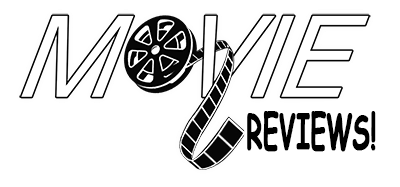 🍿🍿🍿🍿🍿🍿🍿🍿🍿🍿 | 🎙️ EPISODE 309: 02.07.2021 The stakes of being lost weren't life or death before this. Kelly Reichardt is back again to bludgeon you with the point: America has always been a hard, horrible place despite it's massive, undeniable beauty. Being lost and feeling lost are the same thing essentially. One might kill you quicker in the end, but the path or lack thereof is identical. Reichardt expands on this theme of losing something in a deep way here. Before, where it was a purpose (River of Grass), a friendship (Old Joy), or a dog (Wendy and Lucy), here it's everything: seven travelers in the Wild West (Oregon, 1845) and their unreliable guide, Stephen Meek, haven't a clue where they are or when (or if) they'll find water next. All of the stark, unforgiving majesty of the landscapes are expertly captured in the films almost square 1:33 aspect ratio. The muted and dirty color palette of the three women's' dresses makes it feel like a series of old photographs. Often shot wide, the bodies look ants against the unimaginably gigantic world on the screen; that they're hardy any more significant than an insect is also the point. |
Meek's Cutoff is Reichardt reaching into the past to expand upon similar ideas from her first three movies. In the forest outside of Portland, Kurt and Mark (Old Joy) only had to explore the space between them; perhaps it felt endless, but they were right there, together. In a another, nameless town of the Pacific Northwest, Wendy's dog Lucy is somewhere roaming. Here the entire state of Oregon, unknown and uncivilized, is in play. Molding the concept of insignificance, of feeling small into a literal metaphor might feel like an obvious idea, but beyond the symbolism is the functional reality that this country was founded on a lie. None of this is ours.
Rod Rondeaux shines here in the role of The Indian, perhaps the most important Reichardt character to date (credit also to screenwriter and longtime collaborator Jonathan Raymond). The commentary on gender and familial dynamics, a hallmark of Reichardt's films, are still here (the scenes in particular with always stellar Michelle Williams and underrated character actor Bruce Greenwood in the titular role of Meek comes to mind), but it's this concept and plot twist which elevates the film. All of the cards are on the table now. We don't belong here. Never have. Every single person is lost, even if they don't know it, because this is not our home.
Every scene where the settlers interact with The Indian is a movie onto itself. Compassion, fear, bartering, violence, miming, kindness... every tact is attempted in their desperate plight: to communicate to this man that they need water, and they need him to take them to it. And the film ends with the audience never knowing if they're successful. They come upon a tree. The lone child in the group says that a tree can't grow without water. They look to Meek for advice. Should they keep going? He shrugs and says it doesn't matter either way, that "this was all written before we got here." If Meek is the American Id in its purest form, then he still knows the score down deep. We all do. Most of us just haven't found out about it yet.
CHRONOLOGICALLY
⫷ EPISODE 308B - (YOU ARE HERE) - EPISODE 310 ⫸
⫷ EPISODE 308B - (YOU ARE HERE) - EPISODE 310 ⫸

0 comments:
Post a Comment